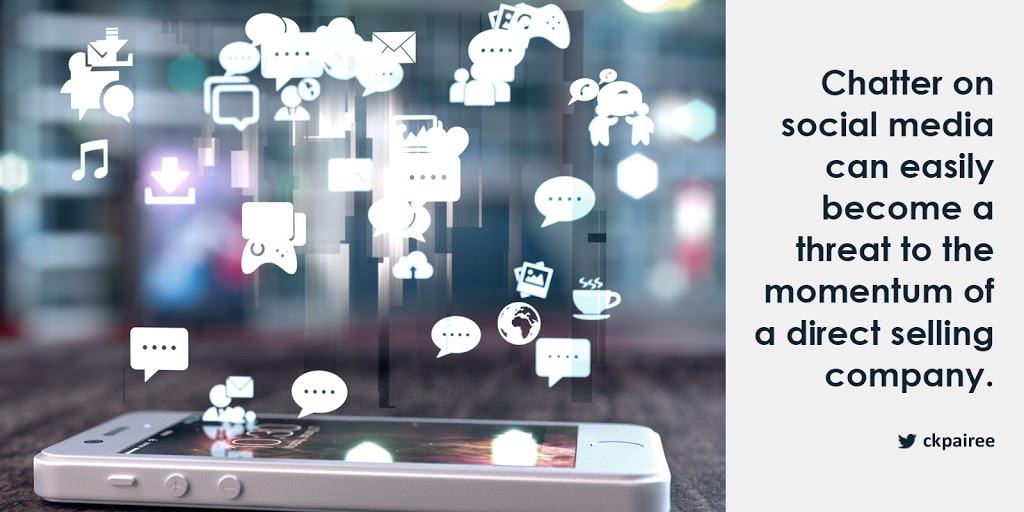Here are the top five reasons why direct selling via social media is not a good idea:
Balance of Friendship vs Sales: Earlier, people would either invite you to a Tupperware party or coax you to try some nutritional supplements. These days, the items have graduated to clothes, accessories, cosmetics, wellness products and the likes. Uncles, aunties, friends, colleagues and practically everyone out there who aspire to be an entrepreneur are now selling their wares directly to you through their Facebook, Twitter, Instagram and other social networks. Essentially, you get spammed from everywhere. The lines between friendships and commercial business interests get blurred very easily.
Value of the product: The value of the product is not dependent on marketing, but the product itself. For any business to be sustainable, it is necessary to provide value. While social media can help educate your audience, it won’t provide the nudge that will get your customers to buy products. One has to be very careful about the information propagation and present the value proposition accurately in the context of the current social media environment to avoid ruining their friendships and relationships.
Negative reviews can have an impact: The bedrock of any business is the relationship that one has with the clients. The chatter on social media can easily become a threat to the momentum of the direct selling company. Negative reviews have known to impact the sales companies or hotels but it is more so in the case of direct selling companies. Trust is an important component of any relationship and that trust can easily be violated on the freewheeling environment of the Internet.
It cannot be an advertising channel: Many direct selling companies treat social media networks as channels for advertising. Direct sellers often overlook the fact that social media networks are a platform for interaction. The social media base, many of whom are close friends, families and acquaintances, will soon be viewed as a marketing list. This could spell doom in many ways. Setting up a page alone will not help boost sales. Besides, direct sellers often don’t look beyond the triumvirate of Facebook, LinkedIn and Twitter.
Social audiences are different: Social media is where your potential customers and distributors interact. Often, direct sellers are more interested in the sales aspect rather than building content on social web, thus losing the opportunity to engage with their audiences. They fail to commit the necessary resources as they view social media as a free resource that can pay dividends without much effort and money. It also needs a constant supply of status updates, tweets, videos, photos and other content. This type of content has to make its presence felt in an otherwise overcrowded market. On top of it, social networks widely employ algorithms to hide content it deems non-relevant for a user. They have a built-in bias for content that is acted upon. And oh, one size does not fit all social media networks.



